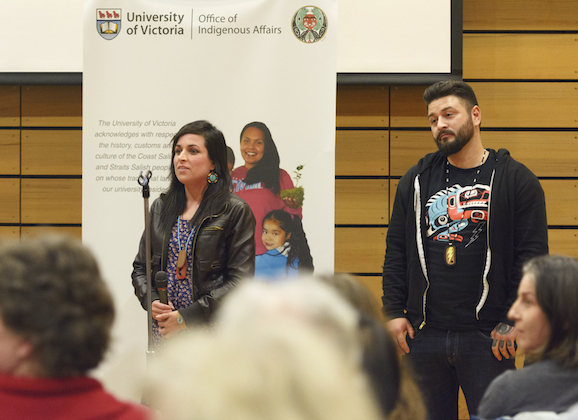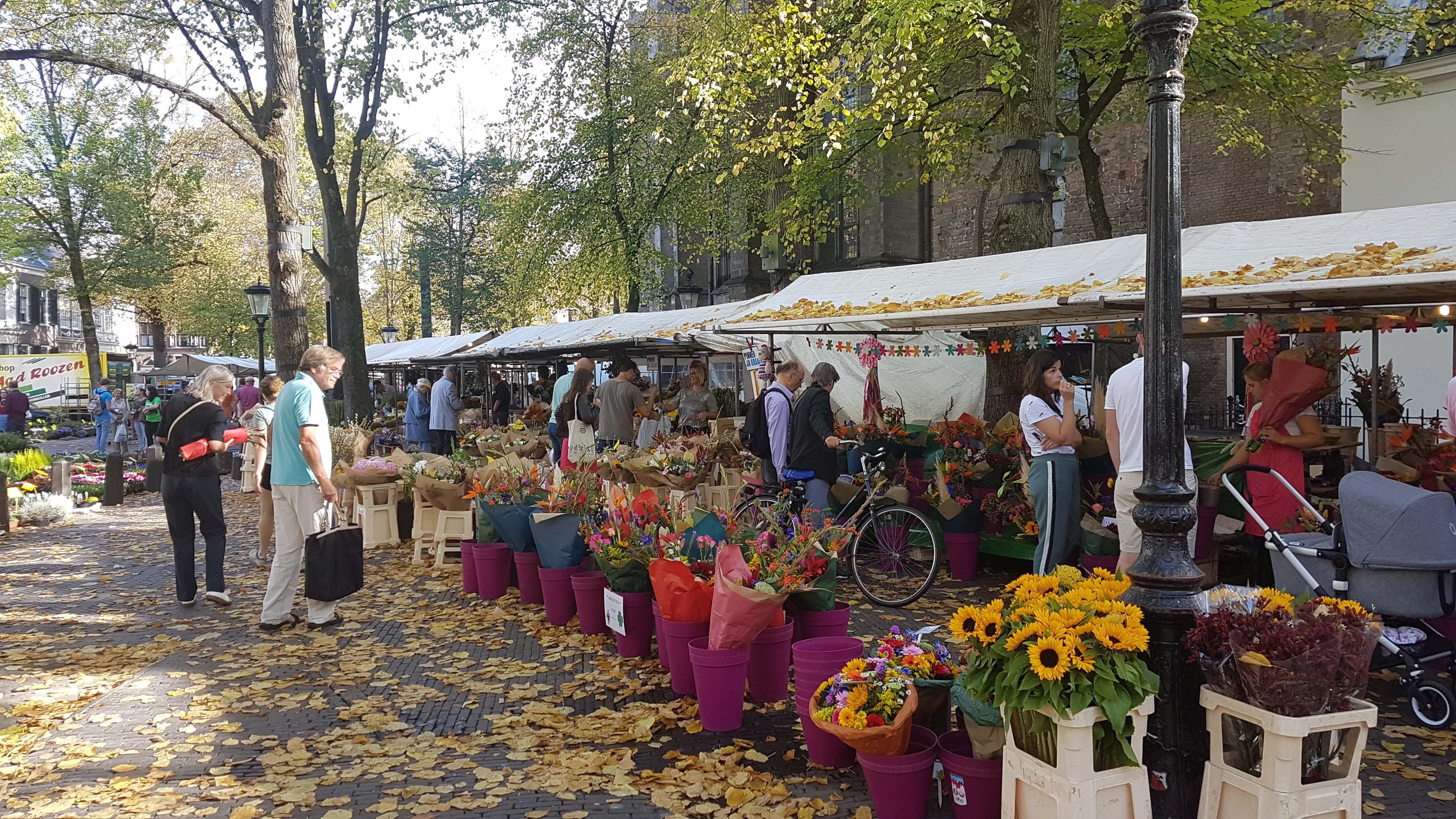The Little (Bio)Chemist That Ended Up In A Geology Lab
Chemistry is everywhere; it’s the study of matter.
So technically, any co-op job is related to chemistry as long as you interact with things that have mass and take up space, which is great because Chemistry co-op students can explore different fields and any interests they may have.
This term, I’m doing exactly that.
For context, I’m in a combined major studying Biochemistry and Chemistry. In a past blog post, I said that I’m a Laboratory Assistant in a lab that isn’t that related to Biochemistry or Chemistry.
So what am I doing then?
Two of the main things I do in the lab are (1) sample preparation, measurements, compilation, and analysis of rocks and (2) splitting and core logging marine sediment cores.
(You can probably imagine the number of times I’ve said my co-op rocks)
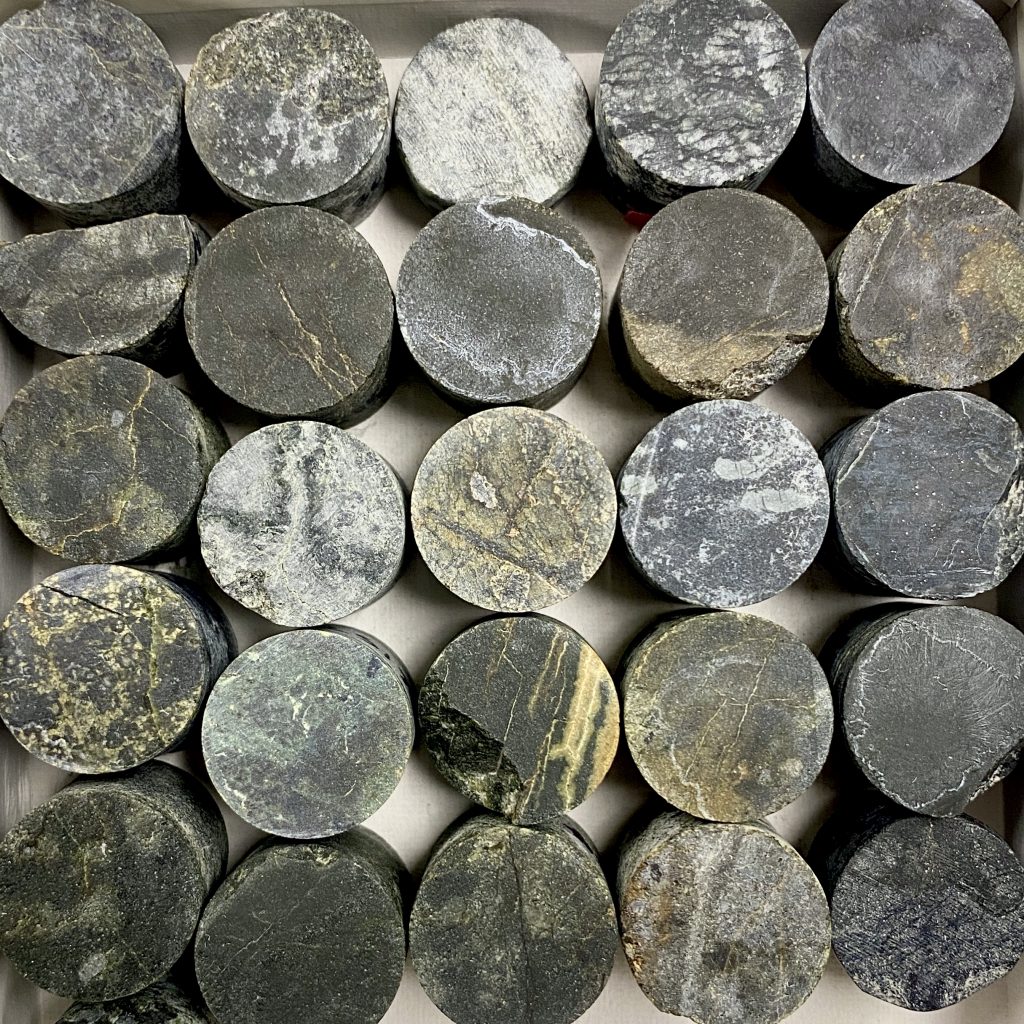
A set of rock samples that have been measured – check out the variety!
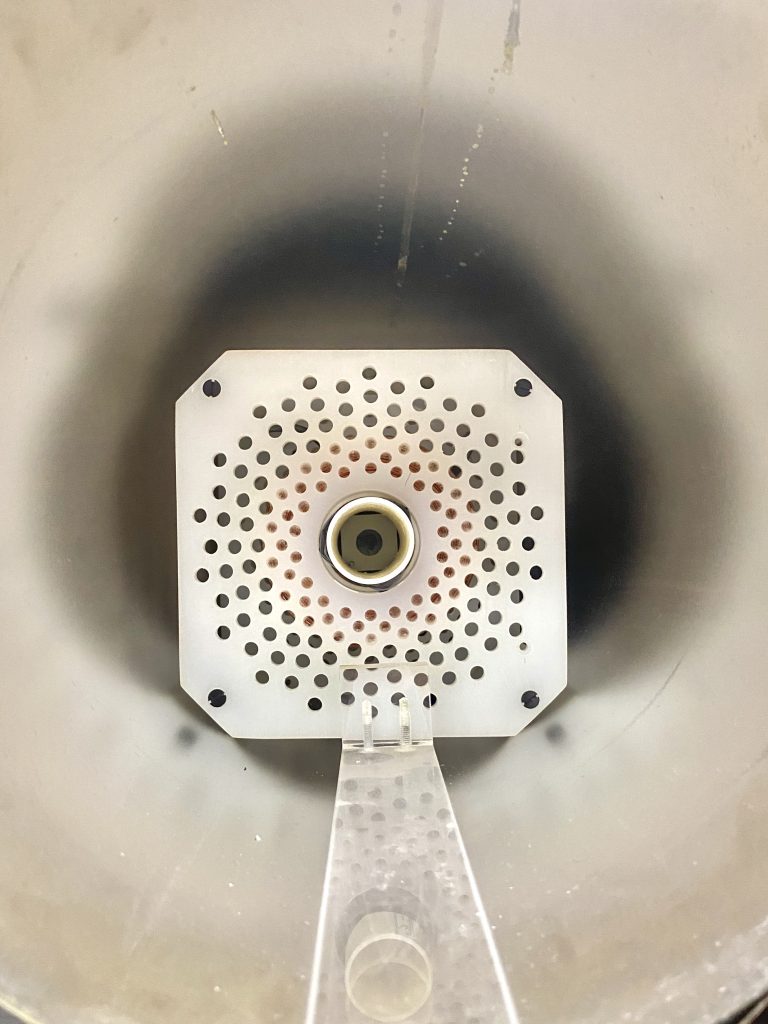
The inside of an alternating field demagnetizer used for Paleomagnetism
How did I end up here?
I have no idea. Geography and Earth and Ocean Science are things that I’ve never had much exposure to during my time at UVic. To be completely honest, when I applied, I had no clue what most of the things in the job description meant. The parts that I did understand sounded complex, so I felt even more underqualified.
It was a reach, but I still applied (and I’m glad I did).
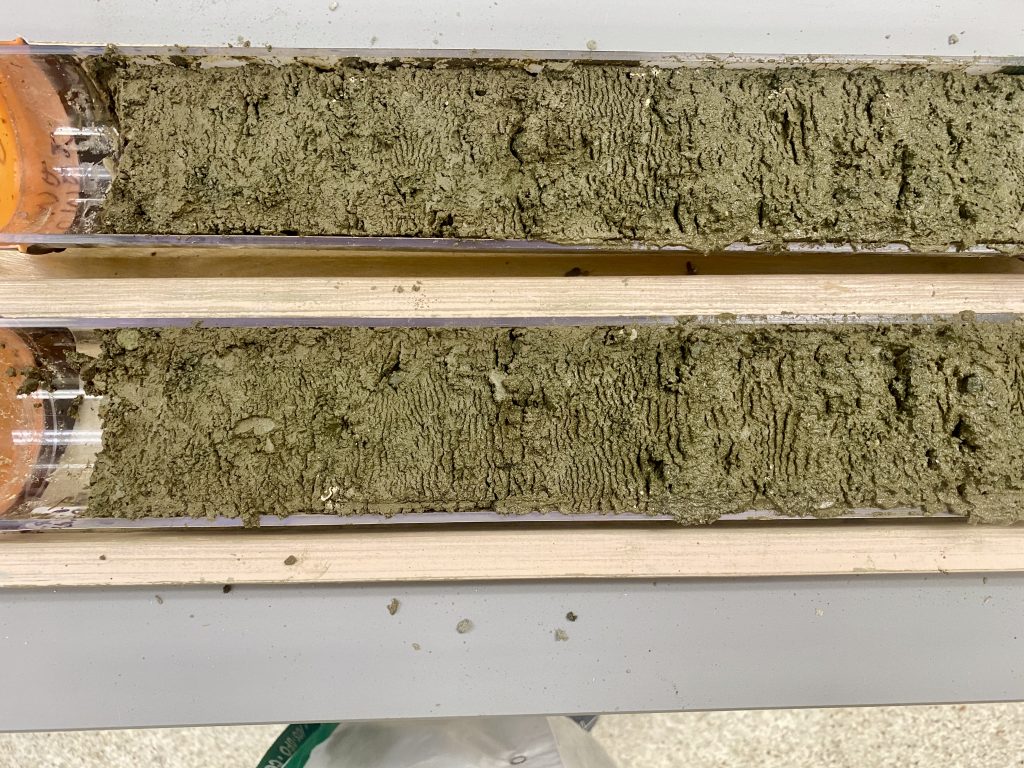
A split marine sediment core
It’s such a big jump from what I study. Do I like it?
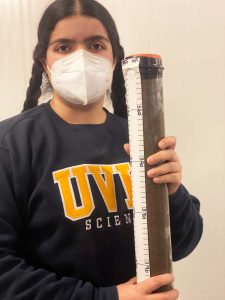
Me holding a longer sediment core. For reference I’m around 5’8″, so this is a pretty long section
Honestly? I think it’s fascinating. Rocks and sediments are ordinary to the average person (and me, before this term). But there is so much you can learn from such a small piece of the earth. This field has endless learning opportunities and real-world applications that it can get pretty overwhelming.
I love the people I get to work with. I love how they approach problems and their desire to share their knowledge (even if sometimes it doesn’t make the most sense or is a bit too much knowledge). I truly am lucky to have a supportive group of people around me.
Tips for other students trying something new?
- Give yourself time; nobody is expecting you to know everything.
- Read research articles that are somewhat related to your position that interest you – note, reading a paper that sounds complex doesn’t make you any more prepared.
- Ask others questions (stereotypical, I know), but people usually love to talk about their work.
- Expect… everything and nothing (simultaneously), and get ready to start the learning curve that truly never ends.
By reaching outside of my comfort zone, the co-op experience I’ve had this term has given me a whole new way of looking at Science.

